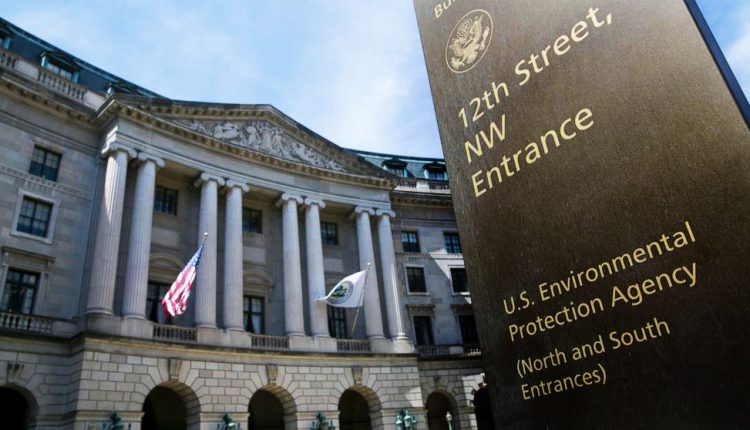
Advocacy Provides Public Comment on EPA’s Proposed Risk Management for 1-Bromopropane under the TSCA
On June 14, 2024, the EPA published a proposed rule to restrict the use of 1-Bromopropane(1-BP) under the Toxic Substances Control Act (TSCA). 1-BP is used as a solvent in cleaning and degreasing applications, spray adhesives, dry cleaning, and insulation. The TSCA requires the EPA to identify and address any unreasonable risk of injury to health or the environment in a TSCA risk evaluation to the extent that the chemical no longer presents an unreasonable risk. The EPA evaluated 25 conditions of use of 1-BP and determined that each condition presents an unreasonable risk of injury to the health of workers and consumers.
For the remaining uses, the EPA proposed to ban the manufacture, processing, and distribution in commerce of 1-BP for all consumer uses; prohibit the manufacture, processing, and distribution in commerce of 1-BP for four commercial uses; and require strict workplace and prescriptive controls for conditions of use where 1-BP is not banned. The workplace chemical protection program (WCPP) would apply to six conditions of use and includes the use of the existing chemical exposure limit (ECEL) metric, a respiratory personal protective equipment (PPE) program, and the requirement to use chemical-resistant gloves. The EPA is also proposing prescriptive controls for six conditions of use dictating the requirements for the use of chemical-resistant gloves. Conditions of use subject to these regulations would also be required to provide self-certification of compliance with a WCPP to purchase and use 1-BP. The proposal also includes recordkeeping and downstream notification requirements consistent with other chemical risk management rules.
The Office of Advocacy (Advocacy) has filed public comments on this proposed rule. Advocacy is concerned that the agency’s proposal exceeds its statutory authority by prohibiting most commercial and industrial uses of 1-BP. Furthermore, Advocacy is concerned that some of the proposed policies create a disproportionate impact on small businesses, potentially resulting in a de facto ban on the use of 1-BP for entities that could comply with a WCPP. Finally, Advocacy is concerned that the EPA has not properly identified all the potential economic impacts on small businesses and is underestimating the costs of the rule.
For more information, please contact Assistant Chief Counsel Emily Jones at Emily.Jones@sba.gov.
Download – Comment Letter, 1-BP Risk Management Under the TSCA (PDF, 79 KB)
